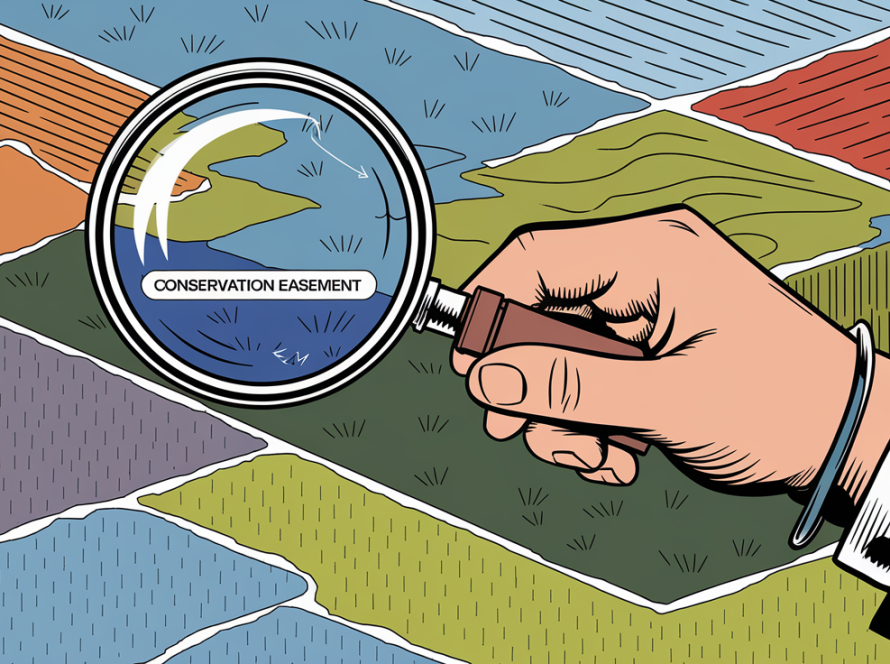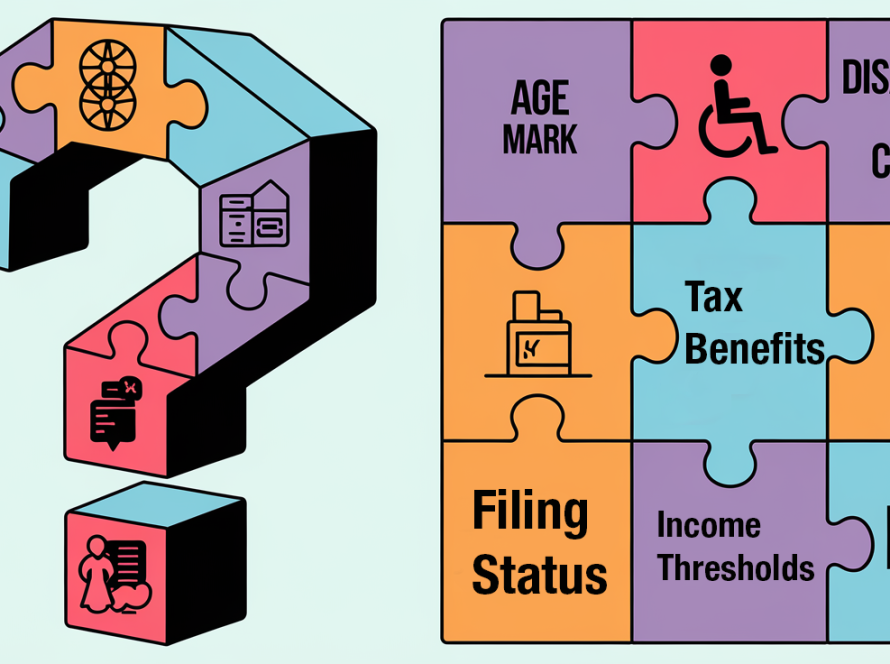Understanding your property taxes in Florida can help you save money and stay compliant. This guide covers everything you need to know, from tax rates and deadlines to exemptions and county-specific details.
Understanding Florida Property Taxes
Florida’s property taxes are generally lower than the national average. The state’s average effective property tax rate is around 0.80%, compared to the national average of approximately 0.99%. On average, Florida homeowners pay about $2,338 annually in property taxes, though this amount can vary significantly by county.
In Florida, specific rules limit the taxes on owner-occupied properties. For example, the Save Our Homes (SOH) rule caps the annual increase in property tax assessments at 3%, protecting homeowners from large tax hikes even when property values rise quickly.
Homestead Exemption
One of the most common tax breaks is the Homestead Exemption. This benefit applies to owner-occupied homes and helps reduce the property’s taxable value, shielding it from higher taxes and protecting against certain creditors.
How It Works:
- First $25,000 of your home’s assessed value is exempt from all property taxes.
- Next $25,000 (from $25,000 to $50,000) is exempt from non-school property taxes.
Example: If your home is assessed at $80,000:
- The first $25,000 is exempt from all property taxes.
- The next $25,000 is exempt from non-school property taxes.
- The following $25,000 is exempt from non-school taxes only.
- The remaining $5,000 is subject to property taxes.
Overall, the Homestead Exemption can reduce your assessed value by $25,000 for school taxes and $50,000 for other property taxes.
Additionally, homeowners who qualify for the Homestead Exemption benefit from the SOH cap, which limits assessed value increases to 3% annually or the rate of inflation, whichever is lower. This ensures your property taxes don’t spike unexpectedly, even in hot real estate markets.
How Do Florida Property Taxes Work in 2024?
The property tax process starts with property appraisal, where the value of your property is assessed for tax purposes. Each county in Florida has an elected property appraiser who evaluates properties, usually through mass appraisal methods that analyze market data to assign values to multiple properties at once.
Property tax rates are based on the assessed value of your home, not its market value. The assessed value accounts for any exemptions you may have, such as the Homestead Exemption.
Florida Property Tax Deadlines: Know When to Pay
Understanding key dates is crucial to avoid penalties. While deadlines can vary slightly by county, the general schedule is consistent across the state.
Key Dates to Remember:
- Notice of Taxes: Bills are typically sent out by local tax collectors in early November each year.
- Payment Due Date: Full payment is due by March 31 of the following year.
- Early Payment Discounts:
- 4% discount if paid in November.
- 3% discount if paid in December.
- 2% discount if paid in January.
- 1% discount if paid in February.
- Delinquency: Taxes become overdue on April 1, with additional penalties and interest applied.
- County Variations: It’s essential to check with your county’s tax collector office for any specific deadlines or variations. Each county may have unique steps or local events that affect payment schedules.
Final Tips: Set up reminders for these dates to avoid missing payments. Watch for your tax bill in November and consider paying early to take advantage of discounts. Staying organized and proactive helps manage your taxes smoothly.
How to Pay Property Taxes in Florida
Paying property taxes can often be integrated into your mortgage payments, but if they’re not, here’s what you can do:
Check Your Mortgage Statement:
If you have a mortgage, your monthly payment might already include property taxes. Your mortgage statement should detail:
- Principal: The amount borrowed for your home.
- Interest: The cost of borrowing.
- Homeowner’s Insurance: Protection for your property.
- Property Taxes: Local tax levies.
Ensure your statement lists property taxes as a separate line item.
What If Taxes Aren’t Included?
If your property taxes aren’t part of your mortgage payment, you’ll need to pay them separately:
- Florida Department of Revenue: Access each county’s property tax payment portal.
- County Websites: Each county has its own payment process. Visit their official site for instructions, which may include options like credit card payments, electronic checks, or automatic drafts.
Understanding how your property taxes are paid helps you stay compliant and avoid penalties.
What Are Property Taxes Used for in Florida?
Property taxes fund essential public services and community well-being. Here’s how the money is typically used:
- Emergency and Safety Services
- Government Operations
- Local Development Projects
- Public Employee Salaries
- Community Services
- Recreational Activities
- Safety Initiatives
By understanding where your taxes go, you can appreciate how they support and improve your community.
Who is Required to Pay Property Taxes in Florida?
Property taxes in Florida are a shared responsibility among various property owners. Here’s who needs to pay:
- Individual Property Owners
- Business Property Owners
- Recipients of Gifted Properties
- Rental Property Owners
Whether your property is residential, commercial, or rental, all owners in Florida are obligated to pay property taxes.
Understanding Florida’s Real Property Taxes
Florida’s property tax system is unique, especially since the state doesn’t have an income tax. Instead, it relies heavily on property taxes to fund public services. Here’s what you need to know:
- No State Income Tax
- Varied Tax Rates
- Owner Responsibility
Calculating Florida Property Taxes: Your property tax is based on your property’s assessed value. The local government appraises your property’s value annually, considering factors like market trends and exemptions. This assessed value determines your tax amount.
Key Points:
- Florida has no state income tax, making property taxes a primary revenue source.
- Tax rates vary widely by county.
- All property owners are responsible for paying property taxes.
Understanding these aspects ensures you’re prepared for your financial obligations related to property ownership in Florida.
How is Florida Property Tax Calculated?
Property taxes in Florida are calculated using millage rates. A millage rate is one-tenth of a percent, meaning you pay $1 in taxes for every $1,000 of your home’s value. Various entities, including counties, cities, school boards, and special districts, may impose millage rates.
Steps to Calculate Your Property Tax:
- Assess Property Value
- Apply Exemptions
- Multiply by Millage Rate
Factors Affecting Your Tax:
- Exemptions
- Assessment Caps
- Taxing Authorities
Understanding how millage rates and exemptions work helps you estimate your property tax and plan accordingly.
County-Specific Property Tax Information
Property tax rates and payments can vary by county. Here’s a median property tax payments and effective tax rates in several Florida counties:
Florida Property Tax Rates by County
County Name
Median Home Value: $
Median Annual Property Tax Payment: $
Effective Tax Rate: %
Note: These figures can change, so always check with your county’s tax office for the most current information.
County Highlights:
- Miami-Dade County
- Broward County
- Palm Beach County
- Hillsborough County
- Orange County
- Pinellas County
FAQs
When Are Florida Property Taxes Due?
Property tax bills are usually mailed in November, with full payment due by March 31 of the following year. Early payments can earn you discounts, and taxes become overdue on April 1, incurring penalties.
How Do You Pay Property Taxes in Florida?
If your mortgage includes property taxes, they’ll be paid through your monthly payment. If not, you can pay directly through your county’s tax collector website or the Florida Department of Revenue, using options like credit cards, electronic checks, or automatic drafts.
What Are Property Taxes Used for in Florida?
Property taxes fund essential services such as emergency services, government operations, infrastructure projects, public employee salaries, community services, recreational facilities, and safety initiatives.
Who Needs to Pay Property Taxes in Florida?
All property owners, including individuals, businesses, recipients of gifted properties, and rental property owners, are required to pay property taxes.
What Are Real Property Taxes in Florida?
Real property taxes are levies based on the assessed value of your land and buildings. In Florida, these taxes are a primary revenue source due to the absence of a state income tax.
Where to Go for Florida Property Tax Help
For more information on Florida property taxes, visit the Florida Department of Revenue or contact your local tax professional.
Website: https://bwgv2xepn2kgo7imbfjg-production-sites.xoatax.net/
Phone: +1 (714) 594-6986
Email: [email protected]
Contact Page: https://bwgv2xepn2kgo7imbfjg-production-sites.xoatax.net/contact-us/
Disclaimer: This post is for informational purposes only and does not provide legal, tax, or financial advice. Laws, regulations, and tax rates can change often and vary significantly by state and locality. This communication is not intended to be a solicitation, and XOA TAX does not provide legal advice. XOA TAX does not assume any obligation to update or revise the information to reflect changes in laws, regulations, or other factors. For further guidance, refer to IRS Circular 230. Please consult a professional advisor for advice specific to your situation.


